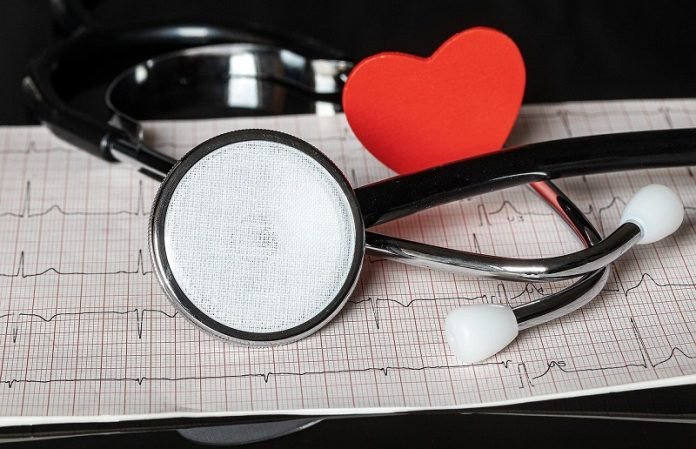
There’s a new study that shows that air pollution can be really bad for our hearts!
The study was done in Poland, and it looked at how air pollution affects people who die from heart diseases, like heart attacks and strokes.
The researchers found that when the air was really polluted, there were more deaths from heart disease on that day and for the two days afterwards.
This means that even if the air gets better after one day, it can still be dangerous for our hearts.
The main sources of air pollution in the cities studied were things like cars and household heaters that use coal or wood.
The researchers also looked at different types of pollutants in the air, like PM2.5, PM10, and nitrogen dioxide.
The researchers suggest that people should plan their time outside based on air quality forecasts.
This means that if the air is going to be really polluted, it might be better to stay inside or wear a mask during times when pollution is at its worst.
It’s also a good idea to avoid areas with lots of traffic if possible.
The study found that a rise in PM2.5, PM10, and nitrogen dioxide was linked to an increased risk of dying from heart disease.
For example, a rise in PM2.5 of 10 μg/m3 was linked to a 3% increased risk of dying from heart disease on the same day. The risks were similar one and two days after the polluted day.
The researchers also looked at different types of heart disease, like acute coronary syndromes and ischemic stroke.
They found that a rise in PM2.5 and PM10 was linked to an increased risk of dying from acute coronary syndromes on the same day.
A rise in PM2.5, PM10, and nitrogen dioxide was linked to an increased risk of dying from acute coronary syndromes the following day.
And a rise in PM2.5 was linked to an increased risk of dying from an ischemic stroke the following day.
The researchers say that policymakers should think about ways to promote clean air, like subsidies for upgrading household heating systems and vehicle-free zones. This could help us all breathe easier and keep our hearts healthy.
How to prevent heart attacks and strokes
There are several things you can do to prevent heart attacks and strokes. Here are some tips:
Eat a healthy diet: A healthy diet can help prevent heart attacks and strokes. You should eat plenty of fruits, vegetables, whole grains, lean proteins, and healthy fats. Avoid foods that are high in saturated and trans fats, salt, and added sugars.
Exercise regularly: Regular exercise can help keep your heart and blood vessels healthy. Aim for at least 30 minutes of moderate-intensity exercise most days of the week.
Maintain a healthy weight: Being overweight or obese can increase your risk of heart attacks and strokes. You should aim to maintain a healthy weight through a combination of healthy eating and regular exercise.
Don’t smoke: Smoking is a major risk factor for heart attacks and strokes. If you smoke, quitting is the best thing you can do for your heart health.
Manage stress: Stress can increase your risk of heart attacks and strokes. You should find ways to manage stress, such as exercise, meditation, or spending time with friends and family.
Get enough sleep: Not getting enough sleep can increase your risk of heart attacks and strokes. Aim for 7-8 hours of sleep per night.
Control your blood pressure and cholesterol: High blood pressure and high cholesterol can increase your risk of heart attacks and strokes.
You should have your blood pressure and cholesterol checked regularly and take any medications prescribed by your doctor to keep them under control.
Limit alcohol intake: Drinking too much alcohol can increase your risk of heart attacks and strokes. You should limit your alcohol intake to no more than one drink per day for women and two drinks per day for men.
By following these tips, you can help prevent heart attacks and strokes and keep your heart and blood vessels healthy.
If you care about heart health, please read studies about an important cause of heart disease, and many common meds could harm your heart rhythm.
If you care about heart health, please read studies about how eating eggs can help reduce heart disease risk, and Vitamin K2 could help reduce heart disease risk.
The study was published in the International Journal of Environmental Research and Public Health.
Copyright © 2023 Knowridge Science Report. All rights reserved.



